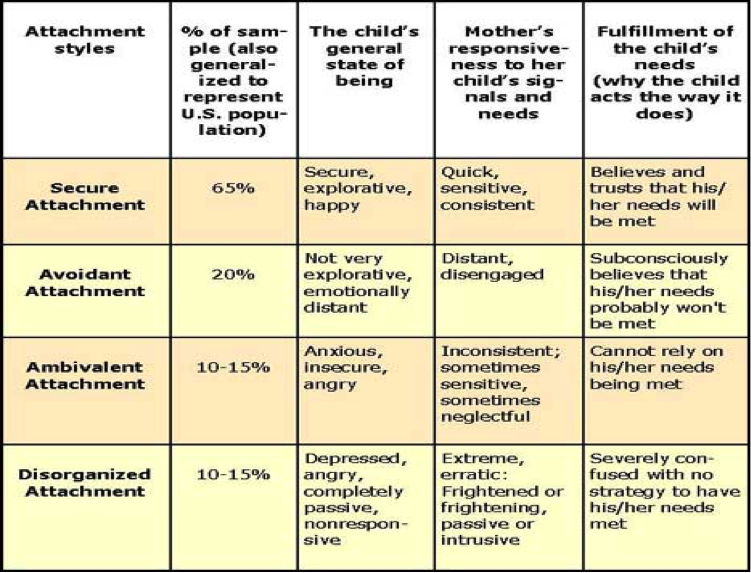Key facts..
More than 94% of people in prison have been abused/neglected/experienced trauma.
Approx 1 in 10 young people is currently suffering abuse/neglect/trauma.
How are personalities formed?
How do kids learn to trust and help themselves?
What is trauma?
How do traumatic experiences effect kids?
What can we do to help?

All behaviour has meaning.
Nearly 60% of child abuse is neglect, but these children are not often picked up for CYFS etc because neglect is hard to prove.
Attachment styles

MOST children have secure attachments.
Avoidant attached - can happen when parents have mental illness, addiction problems or have their own stresses but have not developed ways to cope with these. Child learns that their needs will not always be met.
Children who have experienced trauma might think..
I am...
stupid/dumb
worthless
not worth keeping
Others are..
lying to me
better/smarter/cooler than me
The world is...
unfair
inconsistent
out to get me
What glasses is this kid wearing? How can I help change those glasses?
(How do they see the world, through a lense of poverty/guilty/fear/etc.)

P.A.C.Eplayfulacceptingcurousiyempathetic
No comments:
Post a Comment
Thank you for leaving me feedback!